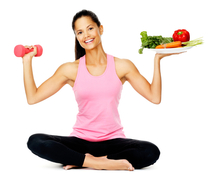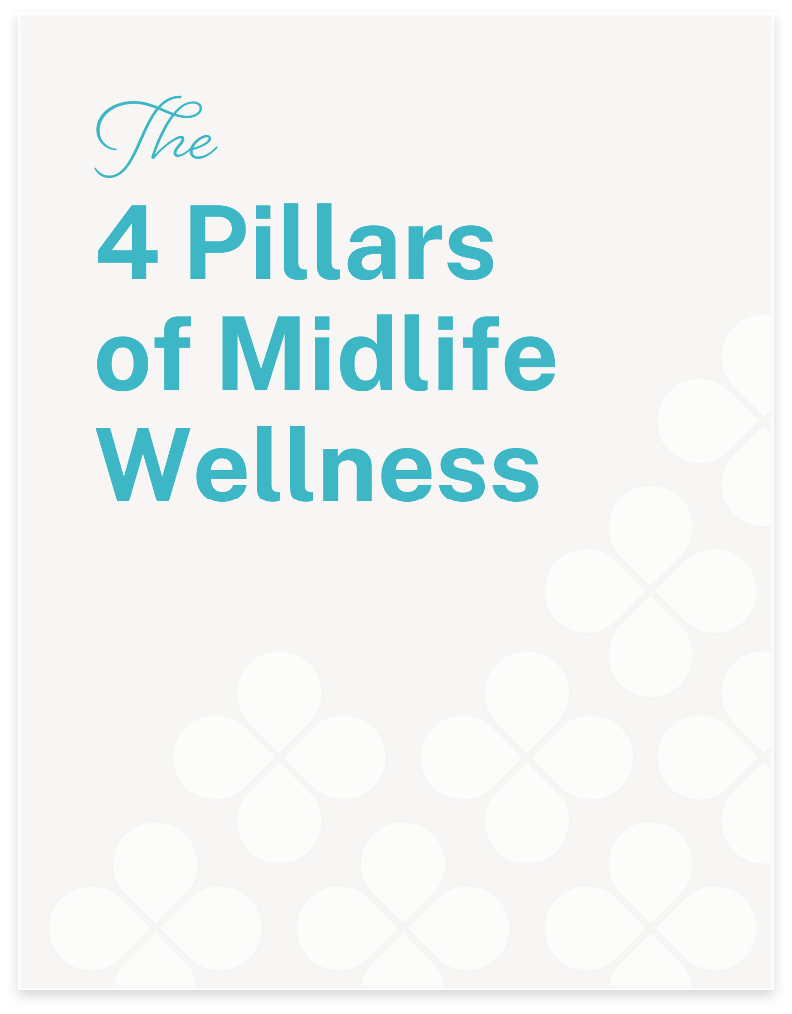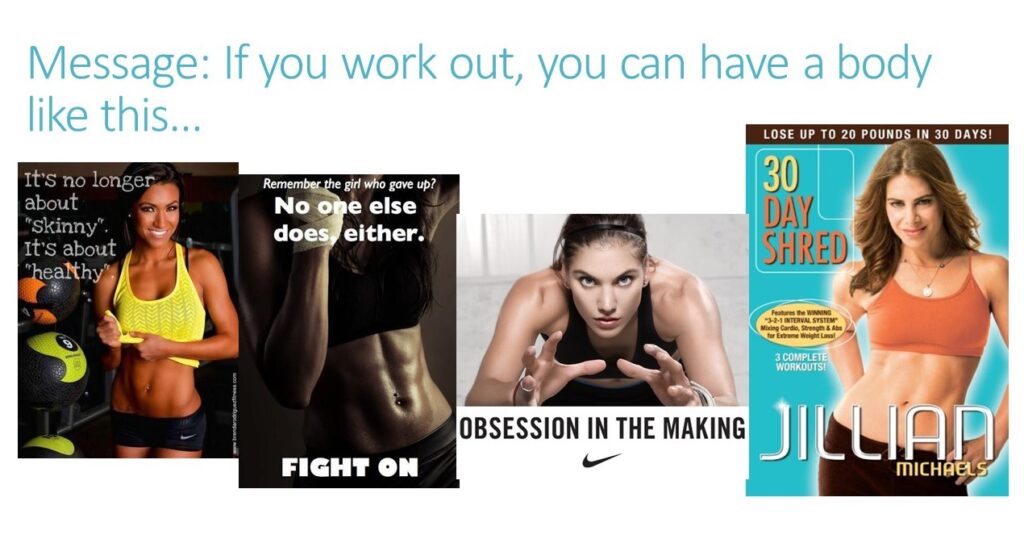WHAT’S MORE IMPORTANT: NUTRITION OR EXERCISE?

The typical “answer” seems to be: it’s “80% nutrition and 20% exercise”. What do you think? Of course, we all have our own personal experiences that affect our response. If having the right “balance” of nutrition and exercise is what we are looking for, it’s helpful to define what balance is.
Webster’s definition of balance: bal·ance noun \ˈba-lən(t)s\
: the state of having your weight spread equally so that you do not fall; : a state in which different things occur in equal or proper amounts or have an equal or proper amount of importance
Based on the definition of balance, the ideal “prescription” for achieving the proper amount of nutrition and exercise would be that everyone would move and exercise enough while eating the right amount to fuel that activity.
Unfortunately, that’s not always possible (physical, financial, access, etc. reasons). The other challenge in answering this question is what’s your objective? Are you trying to lose weight? Fight disease? Improve energy? Or, improve sport performance?
There really isn’t a standard answer. See why…
The objective: Weight loss
What’s best? Initially, nutrition makes the biggest impact on achieving your goal. Specifically, research indicates that individuals who need to lose weight and body fat are most successful by attempting to alter the energy balance equation by decreasing energy (food) intake. However, exercise is essential for keeping the weight off. For this reason, an individual who is inactive when they begin a weight loss program needs to also include some form of activity. Starting off slowly enables them to work up to an intensity that will keep the weight off, prevent burnout and injury; and, help prevent muscle loss to keep their metabolism up.
The objective: Prevent type 2 diabetes
What’s best? Exercise can make the biggest impact in your defense against this disease. Yes, diet is also important in the prevention of diabetes, but active muscle tissue is like a “sponge” in being able to absorb sugar (glucose) from the blood stream using a mechanism totally separate from insulin. Also, when you are active, your cells also become more sensitive to insulin so it can work more efficiently.
The objective: Stabilize mood, relieve stress and boost energy
What’s best? Exercise is the magic bullet! The reason why is that exercise triggers the release of powerful brain chemicals, such as dopamine and norepinephrine, that are important in helping us feel good and have more energy. Exercise (any movement) can also lead to changes in the brain that help with resilience and managing stress. Nutrition is important in supplying the fuel needed to make these neurotransmitters, but just as you can improve your blood chemistry with a single meal, you can also boost energy, mental focus and mood with a single workout. As a result, exercise may be as effective as medication for treating depression in some people.
The objective: Improve sports performance
What’s best? Nutrition can have a significant impact for athletes who are looking to improve their performance and reduce injury rates. The best athlete is well-trained, genetically gifted AND well-fueled. Fueling with the appropriate nutrients at the right time in their training regimen can make a big difference in helping an athlete achieve their goals with speed and performance; muscle growth and repair; and, recovery time.
The objective: Reduce risk of chronic disease, i.e. heart disease, cancer, osteoporosis, obesity
What’s best? Both diet and exercise are important components of prevention and treatment strategies for many diseases. Prevention of weight gain is critical because overweight and obesity are difficult to treat and are conditions that directly affect many other chronic diseases. Additionally, diet (specifically the quality of food intake) and exercise also play non-weight-related roles in many chronic diseases. For example, omega-3 fatty acids from fish are shown to have a direct affect on lowering your risk of heart disease. A diet that includes a high intake of plant-based foods along with consistent exercise remains the recommendation for decreasing your risk of cancer.
Clearly, your nutrition intake (quantity and quality), along with regular activity, will have a significant impact on helping you achieve your health goals. The goal of a body builder is different than that of an endurance athlete, stressed out middle-aged man, or a woman trying to manage symptoms of menopause. Diet plays a significant role in each of these examples, but hopefully you can see why it’s misleading to simplify movement and activity to “20%” of the equation.

With nearly two decades of experience as a registered dietitian, I’ve gained a deep understanding of the unique health challenges faced by women as they age, particularly during menopause. I hope to help you embrace midlife with confidence and vitality, and to show you that with the right mindset and approach, aging can be a time of great empowerment and joy.

Ready to prioritize your midlife health and wellness? The Four Pillars of Midlife Wellness will provide you with a fresh perspective on food, nutrition, health, and your body, enabling you to embrace your full potential and cultivate a robust sense of well-being throughout midlife and beyond!

